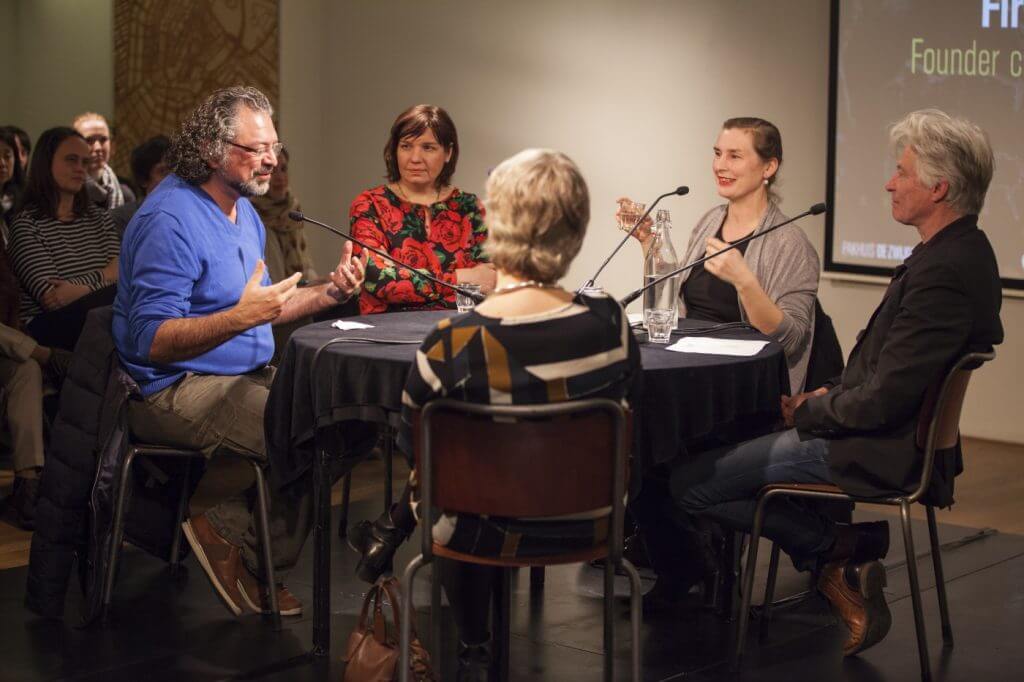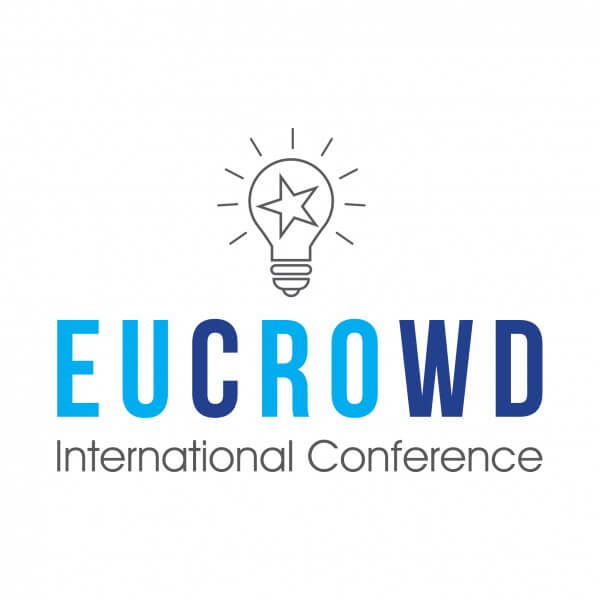
How can crowdsourcing promote democracy in Europe?
The starting point of the EUCROWD project is bringing together of national experiences into a policy proposal for the European Commission that would formulate and possibly develop e-participation tools on the European level. The leading question of this proposal is how crowdsourcing tools can contribute to the creation of a more democratic European Union.
Previous initiatives such as the ‘European Citizens’ Initiative’, ‘Online EU Public Consultations’, and ‘Petitions to the European Parliament’ did not have the desired impact that would allow citizens to participate more in the European policy. Developments in Europe point to a growing sense of democratic deprivation among citizens. Thus, citizens take up every opportunity to express their dissatisfaction with the EU. Referendums such as ones in Ireland and the Netherlands, the growing popularity of populist parties that are anti-EU and the Brexit referenda are examples of a growing gap between citizens and the European decision-making process.
Crowdsourcing can serve as a useful tool because it enables people to constructively participate in the debate. The crowdsourcing of policy invites the citizens to submit proposals, set priorities and be a part of the decision-making process in a transparent way. By focusing on the digital components of crowdsourcing participation as mere consultation and dialogue can be avoided.
Netwerk Democratie has been active in the Netherlands for a long time. By developing digital tools such as Voorjebuurt, Transparant Nederland, and Volgdewet, Netwerk Democratie stimulates digital democracy in the country. Netwerk Democratie is also working together with partners from the D-CENT (Decentralized Citizens Engagement Technologies) project at the European level. In the EUCROWD project, Netwerk Democratie can share its accumulated experience and knowledge in the field of digital democracy and connect different networks of forerunners.
Goals
The EUCROWD project aims to create more opportunities to contribute to European policy-making process and to remove existing barriers to participation that lead to exclusion and democratic deficit in the EU. At the same time, the project is building a network of stakeholders and innovators who promote crowdsourcing as an innovative deliberative method of e-participation. In order to achieve this EUCROWD works according to four main objectives:
Objective 1: Organizing seven national work sessions in Ljubljana, Paris, London, Amsterdam, Riga, Athens, Helsinki and a final conference in Brussels in which the following goals are being pursued:
- Mapping social, technological and political knowledge and challenges of crowdsourcing for politics and policy-making.
- Reflecting on the experiences with e-participation at the national level by presenting case studies and lessons learned.
- Brainstorming on the setup of the crowdsourcing pilot at the EU level.
- Reflecting on the most appropriate policy to crowdsource at the EU level, as well as reviewing of the most useful e-participation tools based on national experiences.
- Identifying, mapping and connecting predecessors, supporters and promoters of crowdsourcing as an e-participation method.
Objective 2: Collecting primary and secondary sources about crowdsourcing in an online repository (Knowledge Centre on Digital Democracy). This platform will serve to provide the best practices, knowledge, and guidelines in crowdsourcing at both national and European levels.
Objective 3: Formulating policy recommendation for a European crowdsourcing pilot based on the conclusions of the conferences and the research findings aimed at stimulating European citizenship and promoting citizen participation in the debate on the future of Europe. This document will be presented and discussed with relevant European policymakers and stakeholders at the concluding conference in Brussels.
Objective 4: Building a community of NGOs, designers, supporters, and citizens in the field of crowdsourcing who are committed to digital democracy and are interested in supporting an EU-level crowdsourcing initiative.
Dutch Meeting in March
On March 14-15, 2017, in two consecutive programs, Netwerk Democratie organized the Dutch EUCROWD work session in Amsterdam, at Pakhuis de Zwijger. During these meetings that consisted of debating sessions and workshops, together with both national and international guests we investigated the extent to which open source tools can be used in the creation of a new political infrastructure, both at national and the European level.
More information about each meeting:
– NetDem EUCROWD meeting 1: 14 March, 7:30 – 9:30 pm: Who’s Afraid of the People?
– NetDem EUCROWD meeting 2: 15 March, 12:00 – 4:00 pm: Crowdsourcing a new European democracy
Partners
Inštitut za elektronsko participacijo (INePA), Slovenia
European Citizen Action Service (ECAS), Belgium
Science For You (SiFY), Greece
ManaBalss.lv, Latvia
Open Ministry, Finland
Démocratie Ouverte, France
The Democratic Society, the United Kingdom
The EUCROWD project is financed with the help of the Europe for Citizens Program 2016 of the European Union under the action group ‘Democratic engagement and civic participation’ and the subgroup ‘Civil society projects’.
If you would like to know more about the EUCROWD project and the role of Network Democracy in it please contact Yvette Jeuken (yvette@netdem.nl) or Anne de Zeeuw (anne@netdem.nl).




